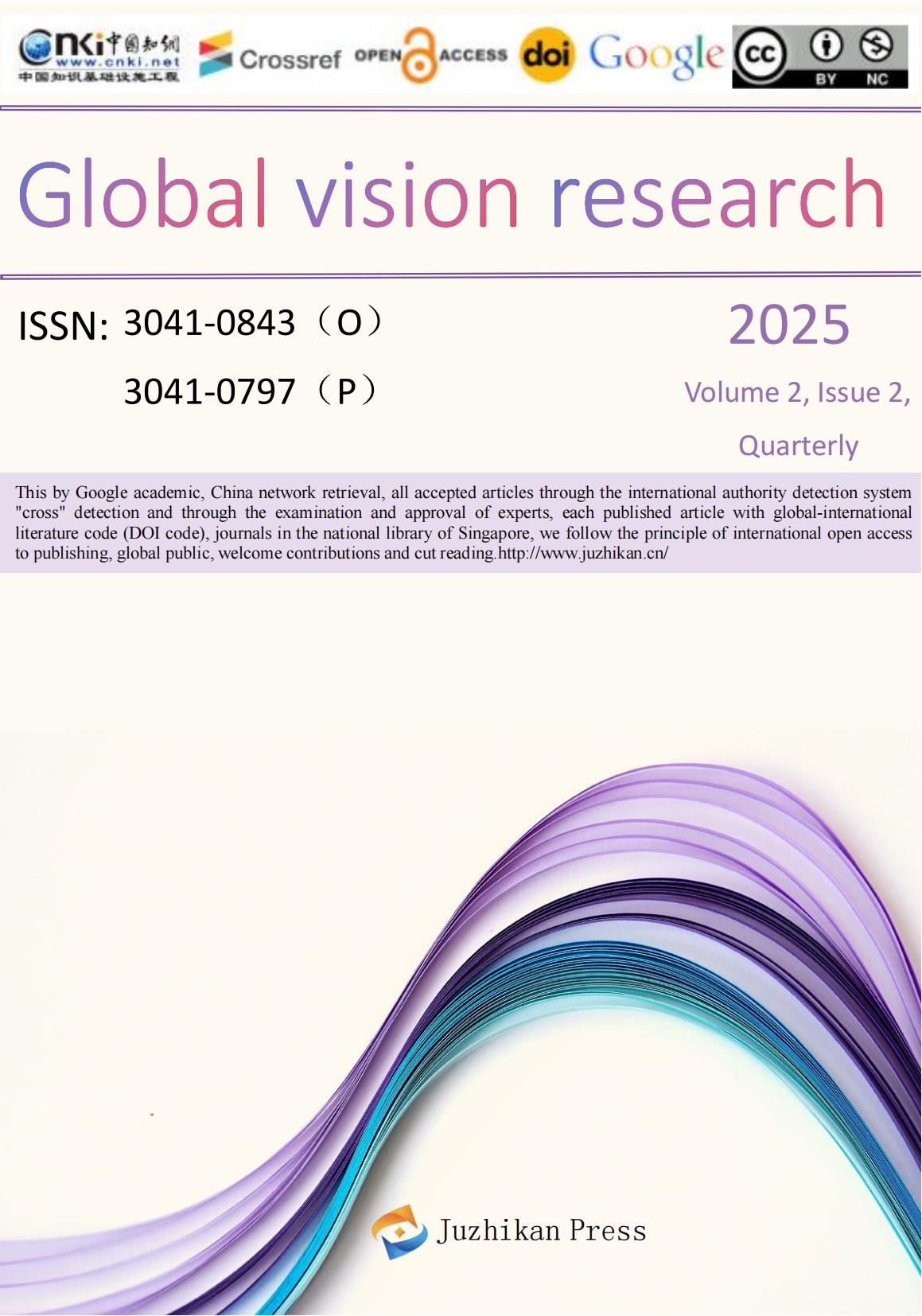
 info@juzhikan.asia
info@juzhikan.asia
 info@juzhikan.asia
info@juzhikan.asia
A Marxist Feminist Interpretation of Caryl Churchill’s Top Girl
ZhuPeiYu
Xi’an International Studies University,Shaanxi Province, Xi’an City ,714000;
ABSTRACT:Caryl Churchill is a representative figure of contemporary British feminist playwright, whose works have always focused on the dilemmas faced by modern women. As her most representative play, Top Girls portrays female characters from different periods and shows the suffering of women in the course of history including in family, economy and family. Marxist feminism is a branch of feminist literary critical theory that emerged in the 1960s and 1970s, emphasizing that capitalist private ownership is the root of inequality between men and women in all aspects. This thesis applies the theory of Marxist feminism to interpret the oppression suffered by women in Top Girls from three dimensions — domestic environment, labor market, and patriarchal education, which provides readers with a new perspective to explore the feminism embodied in the play.
Keywords:Top Girls; Caryl Churchill; Marxist feminism; capitalist ownership; patriarchal society
Reference
[1]Churchill, Caryl. Top Girls. Ed. Bill Naismith and Nick Worrall. London: Bloomsbury Methuen Drama, 2013.
[2]Davis, Tracy. “Churchill the Playwright.” Theatre Journal, 1991.
[3]Defoe, Daniel. Modern History Sourcebook: Daniel Defoe: The Education of Women. Fordham University, 1998.
[4]Djundjung, Jenny M. “Feminist Perspective of Cross-Gender Power Relation in Caryl Churchill’s Top Girls.” Modern and Contemporary Drama, 2004.
[5]Kritzer, Amelia. “Theatricality and Empowerment in the Plays of Caryl Churchill.” Journal of Dramatic Theory and Criticism, 1989.
[6]Mitchell, Juliet. “Women: the Longest Revolution.” New Left Review, 1966.
[7]Ravari, Zahra. “Investigating Voice and Agency in Caryl Churchill’s SelectedPlays.” Mediterranean Journal of Political-Consciousness Social Science, 2015.
[8]Solga, Kim. “Top Girls.” Theatre Journal, 2008.